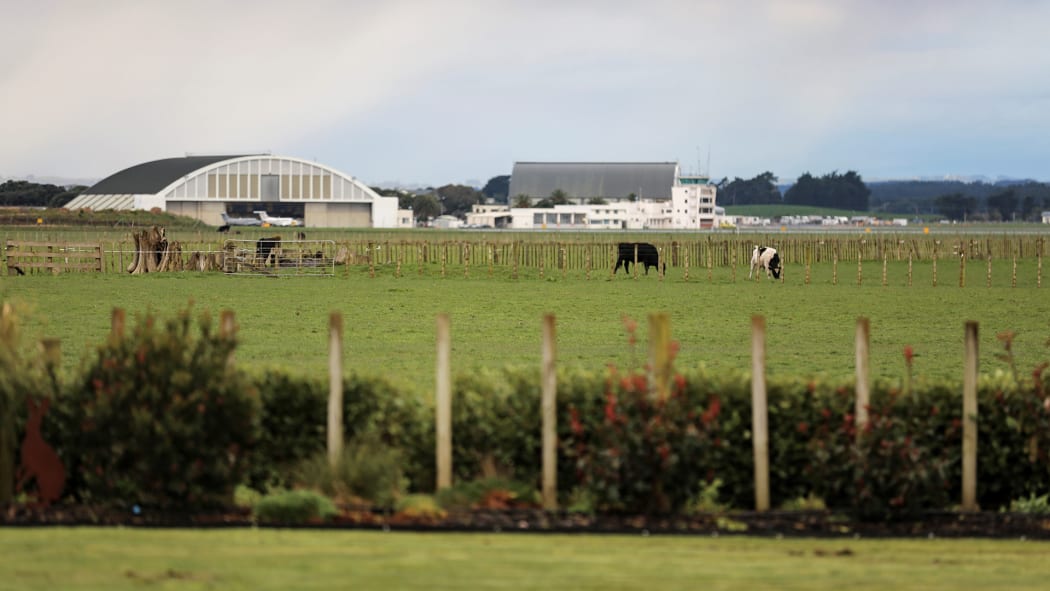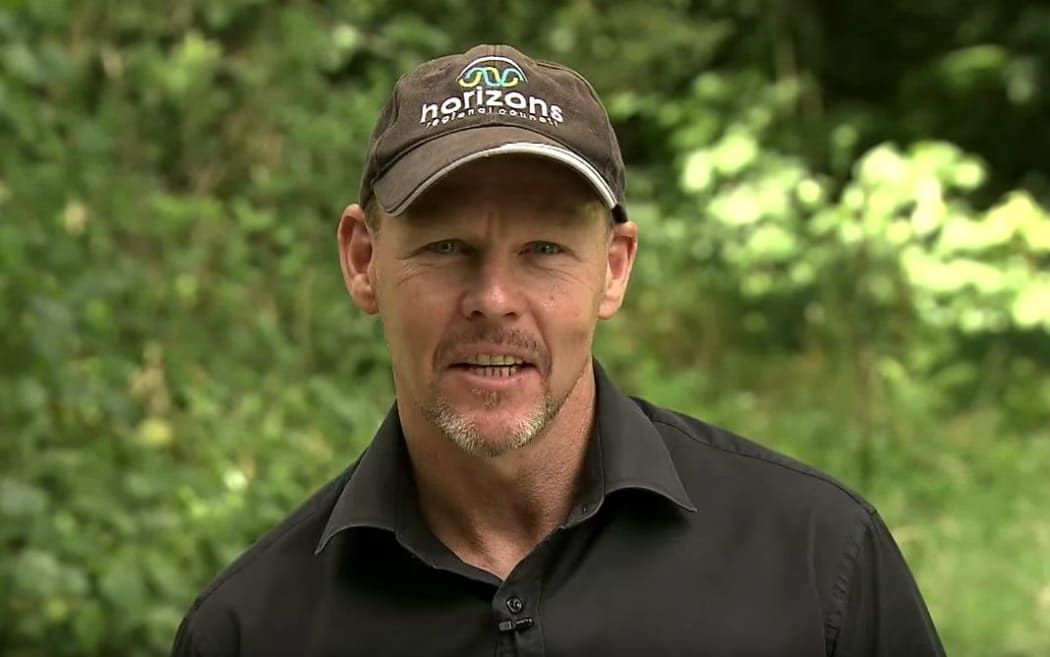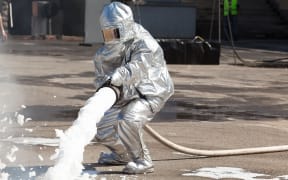The government has agreed to pay almost $11 million towards a water scheme for Ōhakea households with water contaminated by firefighting foam.

Ōhakea households have been using bottled water for two years as they grapple with the contamination of their water supply by the Defence Force's use of firefighting foam at the Ōhakea airbase. Photo: RNZ / Richard Tindiller
Another $3m will come from the Manawatu District Council for the scheme to supply 85 rural properties.
They have relied on bottled water for two years since the Defence Force admitted [https://www.rnz.co.nz/news/political/345672/one-month-without-tap-water-around-airbases
contaminating groundwater and streams] around its airbase.
In December 2017, Defence told locals not to drink their tap water for at least a month while bores were tested for contamination.
Investigators recently reported that significant contamination with the PFAS compounds - dubbed "forever chemicals" because they break down so slowly in the environment and human body - will continue to spread south of the airbase for 50-125 years.
The district council, Horizons, which has been critical about government delays, said it now needed to find out what an ongoing monitoring programme would look like.
A committee of local residents said they were still living with a lot of uncertainty.
"We still don't know what the long-term health and environmental effects of PFAS contamination are," Ōhakea Contaminated Water Committee chair Andy Russell said.
The water scheme was a promising start, said Mr Russell, a deer farmer.
They had had "a huge amount" of support from district and regional councils, he added.
Defence has known since 2015 of the contamination at Ōhakea, but did not admit this while it waited for health guidelines to be issued.
It was good to finally have central government commitment to funding, to provide some assurance to the community that a solution was coming, said Horizons chief executive Michael McCartney.
"Contamination events such as this not only create public health concerns, they can have long-term social-economic impacts.
"An ongoing monitoring regime is essential for tracking progress of the contaminant to ensure responsiveness to any future health or environmental issues are addressed promptly."

Horizons chief executive Michael McCartney is welcoming the assurance from central government that the contaminated water issue is being addressed. Photo: YouTube/ Horizons Regional Council






